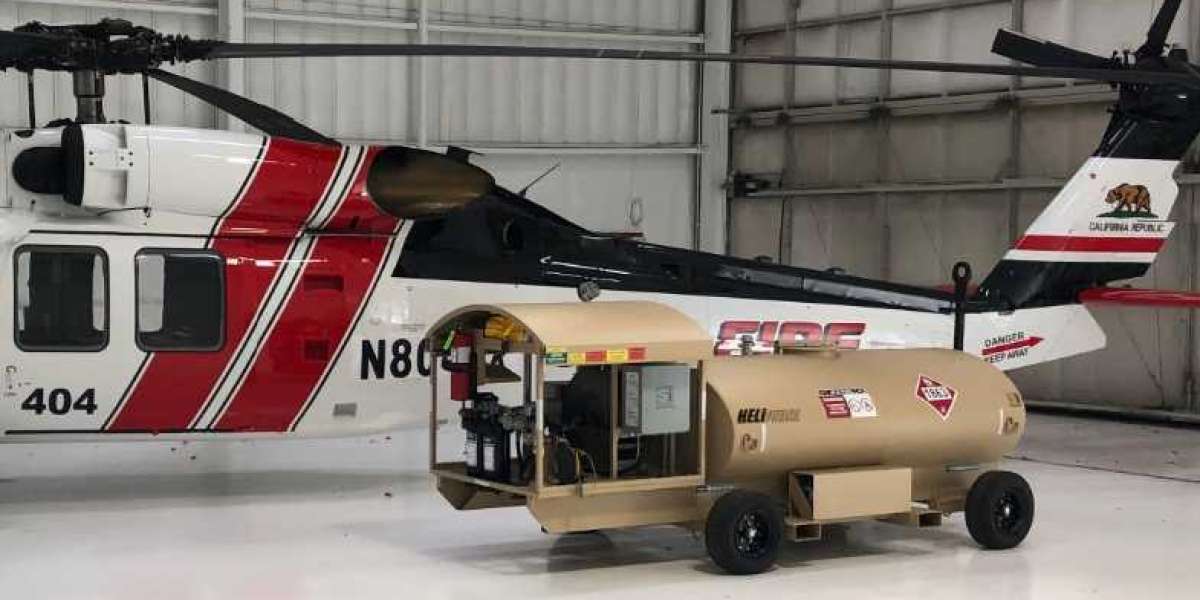Fuel carts, popularly known as fuel bowsers, play a crucial role in streamlining aviation fueling operations. These carts have been designed as a flexible solution for delivering fuel to the aircraft and UAVs, especially in situations where a hydrant system is not available. They are equipped with pumps, hoses and various kinds of safety mechanisms for ensuring a safe and controlled fuel transfer. Let us now understand the role played by these carts in aviation fueling operations.
Mobility and flexibility
Fuel carts are designed to be mobile, thus enabling the operators to various locations of the tarmac or hangar. These carts are usually mounted on wheeled chassis. This makes them highly maneuverable. This feature makes these carts indispensable in small airports or private airstrips which may lack proper fueling stations.
Fuel carts can serve various types of aircrafts, from small aviation planes to larger commercial jets, and even military aircrafts also. The compact size of this vehicle, along with its adaptability, makes them appropriate for different kinds of operational environments, such as remote airfields or busy airports. In case of emergencies like disaster or military operations, these carts can be used for quickly delivering fuel in a place where permanent structure is not available.
Assurance of fuel quality
Fuel quality plays an important role in the proper functioning of the aircraft engine. They are equipped with multi-stage filtration systems, such as water separators and particulate filters for the purpose of removing impurities like dust, water and sediment from the fuel. This is crucial because even minor contaminants can damage aircraft engines, thus posing safety hazards.
At present, majority of carts have been equipped with built-in sampling ports for daily fuel quality checks, thus ensuring adherence regulatory standards. They also have sensors to check the fuel temperature and pressure. This helps in preventing issues like vapor lock or formation of vapor bubbles which could have otherwise affected the aircraft systems.
Efficient fuel delivery
Fuel carts have also streamlined the process of fuel delivery, thus making it more efficient. They are equipped with powerful pumps, hoses and nozzles. These pumps have the ability to deliver fuel at high flow rates. The speed depends on the size of the cart. This helps to reduce refueling time, which is essential for maintaining flight schedules in commercial aviation.
Fuel carts can be adjusted for serving specific requirements, such as over-wing fuel (in case of smaller aircrafts) and single-point refueling (for bigger aircrafts). They can also be connected with the hydrant systems in a big airport, drawing fuel directly from underground pipelines.
Cost-effectiveness
Fuel carts are a cost-effective solution for small airports, temporary airfields and private operators since they enable them to save a considerable amount of money by eliminating the requirement of building expensive fueling infrastructures, such as underground pipelines or a large storage tanks. A single fuel cart is capable of serving several fuel carts.
These carts are also quite easy to maintain compared to fixed fueling stations. They can be kept in designated areas, thus saving space.
Hope that you got a proper idea about the role played by fuel carts in streamlining aviation fueling operations. They are indispensable to aviation fueling because of their mobility, flexibility, efficiency and safety features.














